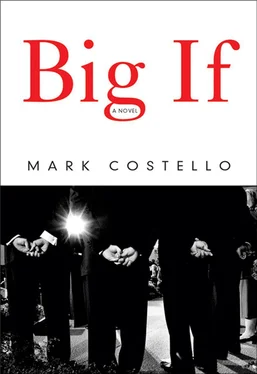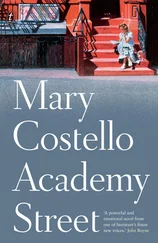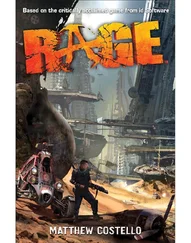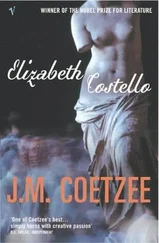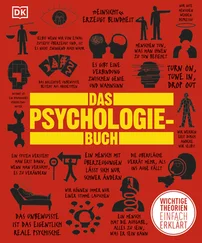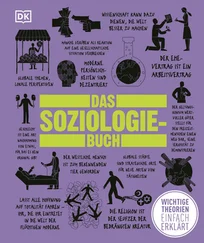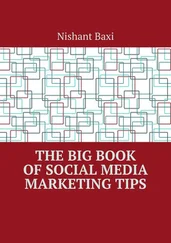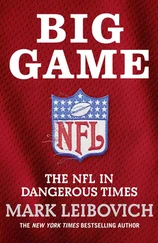“Yes, but how is she supposed to get back to Custis? She can’t walk there, Tash.”
“Can’t she get a ride with Shane Gould?”
Shane was Bo Gould’s daughter and Jeanette’s roommate at Custis. Shane had her own wheels, a puce Isuzu Trooper.
Shirl flicked the lights on. “Don’t undress in the dark. I don’t like the image of you undressing in some dark room. Shane isn’t going back to Custis this semester — I’ve told you this five times. She interning at the State Department, working on the Balkan tragedy.”
“What does Shane know about the Balkans?”
“She knows they’re Balkanized. The question is, what next?”
Tashmo started shaving in the mirror. “Jeanette should stay home until her eye clears up.”
Shirl said, “That’s inane.”
“No daughter of mine is going to school with a fat black eye. It doesn’t look right, Shirl.”
“It’s not school, it’s college, Tash. Your daughter is a woman now.”
“I’m aware of this.”
“ Shhh, ” said Shirl. She looked at the wall. “Keep your voice down, Tash. Jeanette is finally sleeping.”
“How in hell do you know?”
“Listen—” she said. “The channels aren’t changing.”
Tashmo drove his truck whenever he was homeboth because he liked the truck (sporty, sexy, tough — he liked to see himself in windows driving by) and because he wanted to show Shirl that it was a useful, sensible addition to their household way of life. He liked to drive the truck, but when he had to get somewhere in a hurry and didn’t feel like dealing with potential starter trouble, he took Shirl’s Nissan Sentra, which was more reliable. He drove the Sentra now, coming into Washington, rolling through the parking lot of a crappy public golf course. He parked between a silver van with Virginia rental plates and a second van, black, with Maryland tags and a Hertz sticker on the bumper.
Tashmo hiked up the cart road to the first tee, where Loudon Rhodes was waiting with the others from the Reagan teams of long ago, Gus Dmitri and Julius Panepinto, blowing on their hands, dressed to golf in winter, bundled up but wearing the pastels. They stood with a young man with shaggy blond hair. The young man wore a red down vest and a faded denim jacket.
The young man said, “Don’t you recognize me, Uncle Tash? I’m Kobe Rhodes.”
Tashmo was appalled. The kid looked like an X-ray. “Kobe,” Tashmo said. “How’s it going, son?”
Gus was looking down the fairway with binoculars, focused on two figures at the distant pin. The golf bags held a variety of gear, walkie-talkies, an extra set of binox, a D.C. police scanner with crystals for the feds, and a big thermos of Dunkin’ Donuts coffee.
Panepinto said, “We eat them doughnuts?”
“That’s a rodg,” said Gus. “Yo. The crow is flying.”
The crow down by the second hole was John Hinckley, Jr., the boyish shooter of March 1981, acquitted by insanity, 1982, and ever since a resident of a D.C. mental hospital. Hinckley wasn’t flying. He was walking quickly with a woman, his girlfriend or his fiancée, an acquitted murderess and former fellow patient. Hinckley received periodic furloughs from the hospital. Loudon Rhodes, a nonstop operator, had a source inside the nuthouse who tipped him off to Hinckley’s furloughs. Whenever Loudon got a tip, he called the boys together, Panepinto, Gus Dmitri, sometimes Billy Spandau, sometimes Larry Aaron up from Padre Island, sometimes Dusty Jackson up from Hilton Head. Loudon insisted that the Hinckley missions be professional in all respects. Panepinto, white-haired and bifocaled, walking with a metal cane after hip-replacement surgery, was still a crack logistics guy, renting vans with non-sequential plates, different rental agencies if he had the time, scaring up the kevlar vests (they wore them under the golf clothes), handheld Motorolas, and night-vision glasses, even though Hinckley had a curfew and the glasses blinded you in sunlight.
Hinckley and the girl sat down on a bench along the fairway, a little closer now. They glanced and saw the agents. Hinckley looked away, still talking to the girl.
“We’re getting to him,” Panepinto said.
Tashmo stood with Kobe, Gus, and Panepinto, laughing at Loudon’s jokes, acting all amazed at the big-time people Loudon knew. Tashmo rarely kissed this kind of flagrant ass, but he might need a job someday and Loudon had the jobs.
Kobe Rhodes looked jumpy. He said, “Dad, which one is Hinckley?”
Loudon didn’t answer.
Tashmo said, “The guy.”
“I feel like going down there,” Kobe said. He cupped his hands and yelled, “Hinckley, you’re an asshole! ”
“Kobe,” Loudon said.
“I do , Dad. I feel like going down there.”
“Kobe,” Loudon said. “Why don’t you go wait in the van?”
“But Dad, I want to help you. I want to be with you.”
“Help me in the van,” said Loudon to his son. “Keep an eye out for the groundskeepers.”
Tashmo watched Kobe Rhodes walk down the cart path to the van. He said, “How’s he doing, Loud?”
Loudon shrugged, “The kid? He says he’s clean, he swears to me. He says being off the coke gives him lots of energy.”
The old agents stood around, trying to look numerous and ominous, watching Hinckley as they passed the thermos. Tashmo heard all about Gus Dmitri’s paddleball, Loudon’s millions, Panepinto’s hip.
“Larry Aaron got remarried,” Panepinto said. “I saw them up in Scottsdale, Larry and the wife. She’s Puerto Rican, Costa Rican, one of them. They met when she was cleaning out the house after Gladys passed away.”
Tashmo took the thermos, poured a cup. “Gladys passed away?”
“It was a blessing really. She was in such pain.”
Gus Dmitri took the thermos. “What’s the new wife like?”
“Sweet kid,” said Panepinto, “and a total piece of ass.”
“Young?”
“Young.”
“How young?”
“I don’t think she’s even forty yet. Larry’s on Viagra, don’t you know.”
“So am I.”
“Join the club.”
“How’s it working?”
“I don’t like to brag,” Panepinto said. “So, anyway, I says to Larry, ‘Watch it, bunky. She’ll give you a coronary on that waterbed of yours. That’s probably her plan, fucking you to death. She’s after your fat Tier VII pension package.’ Larry says, ‘I can live with that. She’s earning every penny, the crazy kid.’ So I says, ‘Larry—’”
“Wait,” said Loudon, peering through the glasses. “They’re mobile.”
Hinckley and his lady friend stood up. The lady stretched her legs, sat down. Hinckley opened a book and started reading to her, making small dramatic gestures with his hands.
Gus Dmitri took a leak against the bushes.
Tashmo said, “Hey, didn’t Billy Spandau move to Arizona too?”
“Sure,” said Panepinto. “He rented, then he bought, but he didn’t like the climate, the desert is so dry. Now he does guest protection at a Club Med compound in Chiapas. We played a round of golf in Mesa last December. Billy’s born again. This was his big news. I’m lining up a putt and he asks if I accepted Jesus Christ. I’m like, ‘Billy, do you mind?’ I shot a ninety-six that day.”
“With mulligans?”
“Without. Best round of my life. My putter was on fire.”
Tashmo said, “Wasn’t Billy born again before?”
Loudon nodded. “’84. He cornered me with pamphlets at Camp David. I told him to go peddle his salami somewhere else.”
“I guess it didn’t take that time,” Panepinto said. “He backslid, got mixed up with No-Doz and his workout buddy’s wife. Then he contracted liver cancer and was born again, again. He asked me if I’d noticed how many guys from Reagan had contracted the Big C. He kept saying that, contracted. Like it’s something you sign up for.”
Читать дальше
